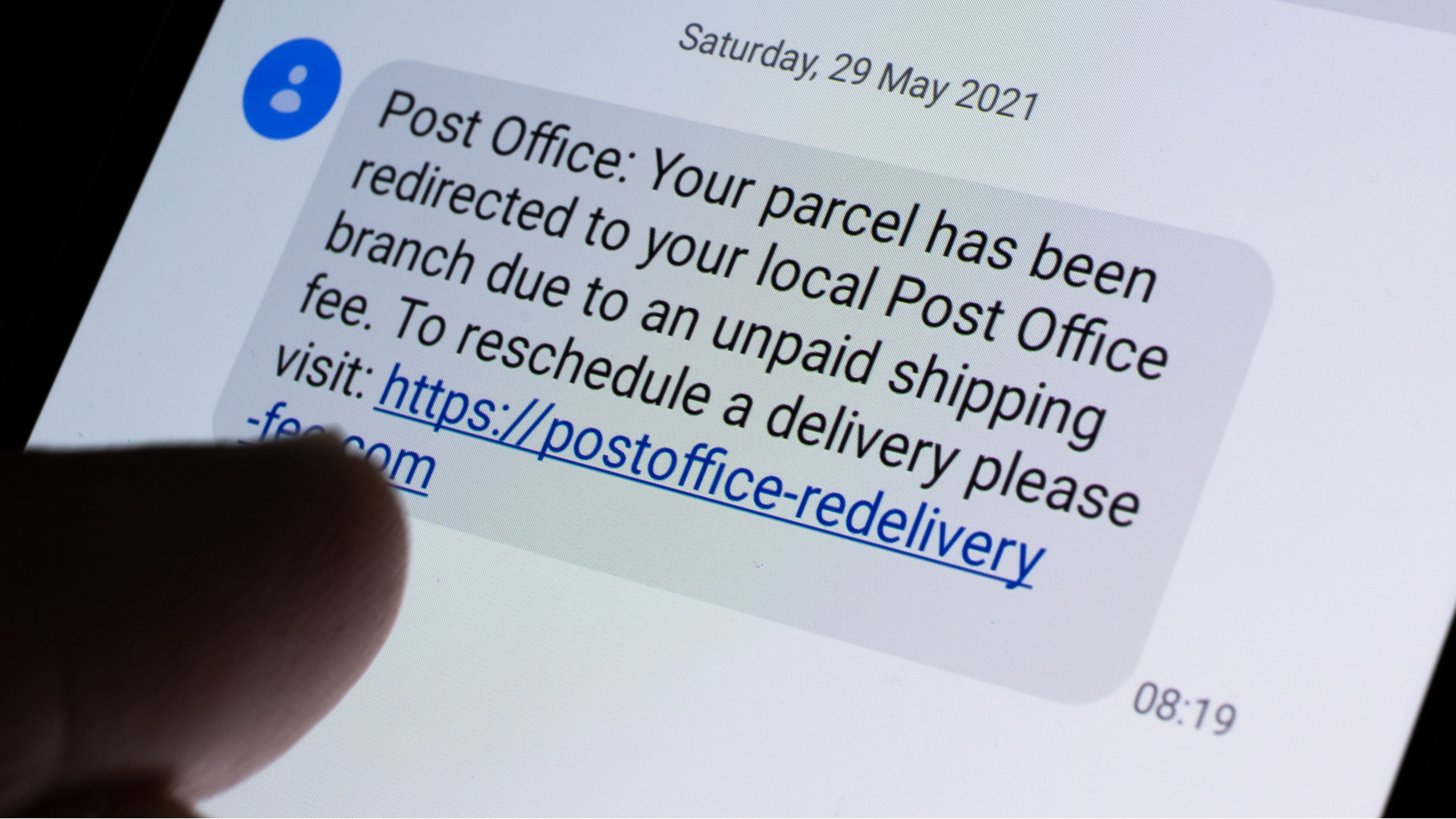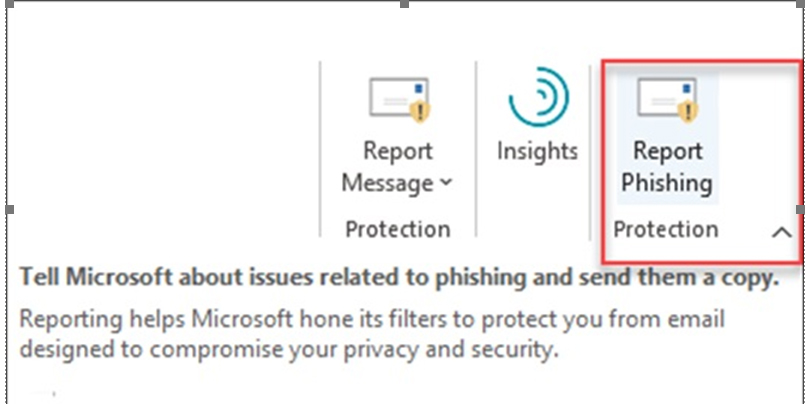Kaspersky spots spike in World Cup phishing scams
Attackers are impersonating World Cup partners and advertising tickets for up to ten times their face value

Malicious actors are exploiting the upcoming 2018 FIFA World Cup to conduct phishing attacks only two weeks before the tournament kicks off.
Researchers at cyber security company Kaspersky Lab have detected a spike in the number of phishing pages appearing during match ticket sales, alongside a general rise in the number of football-related spam and World Cup-themed attacks.
Detailing their observations in a report published on SecureList, Kaspersky's research hub, experts showcased examples of fake lottery win notifications, advertising spam, and emails from attackers impersonating World Cup sponsors
The most significant scam involved fraudsters posing as touts or third parties in order to sell match tickets to fans who may have missed out during general sale via official channels.
Despite a complex and security-laden process of purchasing tickets - with legitimate tickets only being offered through the FIFA website via a multi-staged process - Kaspersky suggested a massive surge in users accessing the website led to fraudsters purchasing as many as they could with the aim of advertising these for up to ten times their face value.
"With full advance payment required, there is no guarantee that fraudsters will forward the tickets," the security firm warned. "What is guaranteed, however is that the payment information used to buy the tickets will give scammers all they need to collect additional funds from the user in the future."
Scams detected largely relied on the attackers registering a series of domains combining the words 'world', 'worldcup', 'FIFA' and 'Russia', among others to feign credibility, while purchasing the cheapest SSL certificates to further dupe users. Researchers also detected a number of 'sleeper' sites being used as backups once a previous domain is blocked.
Get the ITPro daily newsletter
Sign up today and you will receive a free copy of our Future Focus 2025 report - the leading guidance on AI, cybersecurity and other IT challenges as per 700+ senior executives
"With an event such as the World Cup, there is a high risk that football fans will pay extortionate prices - only to end up with fake tickets," warned David Mole, head of sales UK and Ireland at Kaspersky.
"Once a hacker has your payment details, it can lead to them stealing your money. We urge people to be cautious and vigilant when they buy tickets. The first step is using authorised sellers to avoid getting duped."
Further examples include 'fake lottery win' notifications, which often contain malicious attachments and a message asking the 'winner' to forward their personal details to claim their prize, and in some cases asking to pay for part of the postage or bank transfer fees. These emails, the researchers said, are primarily aimed at harvesting user data.
Fraudsters are also imitating the World Cup's partners and sponsors to exploit the fact these organisations often organise giveaways for clients. These web pages, according to Kaspersky, look convincing and employ a responsive user interface - with VISA, the tournament's commercial sponsor, being a primary target.
There is expected to be "an explosion" of phishing sites offering cheap airline tickets to host cities in Russia, the report continued, as well as fake offers from malicious actors impersonating accommodation services in the days leading up to the tournament.
The world of football is no stranger to the threat of phishing attacks, with Italian football club Lazio earlier this year suffering a high-profile attack in which 2 million (1.75m) was stolen. The Serie A team was fooled by fraudsters posing as representatives from another club demanding the final payment for a player transfer from 2014.
Scammers often use the cover of contemporary or trending subjects to conduct phishing attacks, with threat detection specialists Redscan recently uncovering the first case of hackers impersonating well-known companies to send malicious emails asking users to update their personal information in light of at-the-time imminent GDPR implementation.
Picture: Shutterstock

Keumars Afifi-Sabet is a writer and editor that specialises in public sector, cyber security, and cloud computing. He first joined ITPro as a staff writer in April 2018 and eventually became its Features Editor. Although a regular contributor to other tech sites in the past, these days you will find Keumars on LiveScience, where he runs its Technology section.
-
 Westcon-Comstor and Vectra AI launch brace of new channel initiatives
Westcon-Comstor and Vectra AI launch brace of new channel initiativesNews Westcon-Comstor and Vectra AI have announced the launch of two new channel growth initiatives focused on the managed security service provider (MSSP) space and AWS Marketplace.
By Daniel Todd Published
-
 Third time lucky? Microsoft finally begins roll-out of controversial Recall feature
Third time lucky? Microsoft finally begins roll-out of controversial Recall featureNews The Windows Recall feature has been plagued by setbacks and backlash from security professionals
By Emma Woollacott Published
-
 C-suites consider quantum a serious threat and "amazing" deepfake attacks are just 'months away'
C-suites consider quantum a serious threat and "amazing" deepfake attacks are just 'months away'News Deepfake technology has matured at a rapid rate, and video scams are likely to be a on par with the more convincing voice-only campaigns very soon, one expert says
By Rory Bathgate Published
-
 Shiseido reportedly suffers data breach
Shiseido reportedly suffers data breachNews The Japanese cosmetics company has been accused of failing to notify affected staff of the leak
By Sabina Weston Published
-
 Almost a quarter of all spam emails were sent from Russia in 2021
Almost a quarter of all spam emails were sent from Russia in 2021News Last year's spam emails mostly centred around money and investment, Bond and Spider-Man movie premieres, and the pandemic
By Sabina Weston Published
-
 HMRC issues scam warning ahead of Self Assessment deadline
HMRC issues scam warning ahead of Self Assessment deadlineNews The department stated that 2021 has already seen 797,010 tax-related scams reported
By Sabina Weston Published
-
 Ofcom report reveals alarming uptick in smishing attacks
Ofcom report reveals alarming uptick in smishing attacksNews Text-based scams now more common than phone calls among young adults
By Sabina Weston Published
-
 Smishing attacks increased 700% in first six months of 2021
Smishing attacks increased 700% in first six months of 2021News Which? has urged businesses to play their part to protect people from text message scams
By Sabina Weston Published
-
 Delivery scams become most common form of smishing
Delivery scams become most common form of smishingNews Cyber security provider Proofpoint finds a major increase in the number of threat actors impersonating postal services
By Sabina Weston Published
-
 NCSC simplifies Outlook scam-reporting tool
NCSC simplifies Outlook scam-reporting toolNews Users are now able to report phishing emails with just one click
By Sabina Weston Published